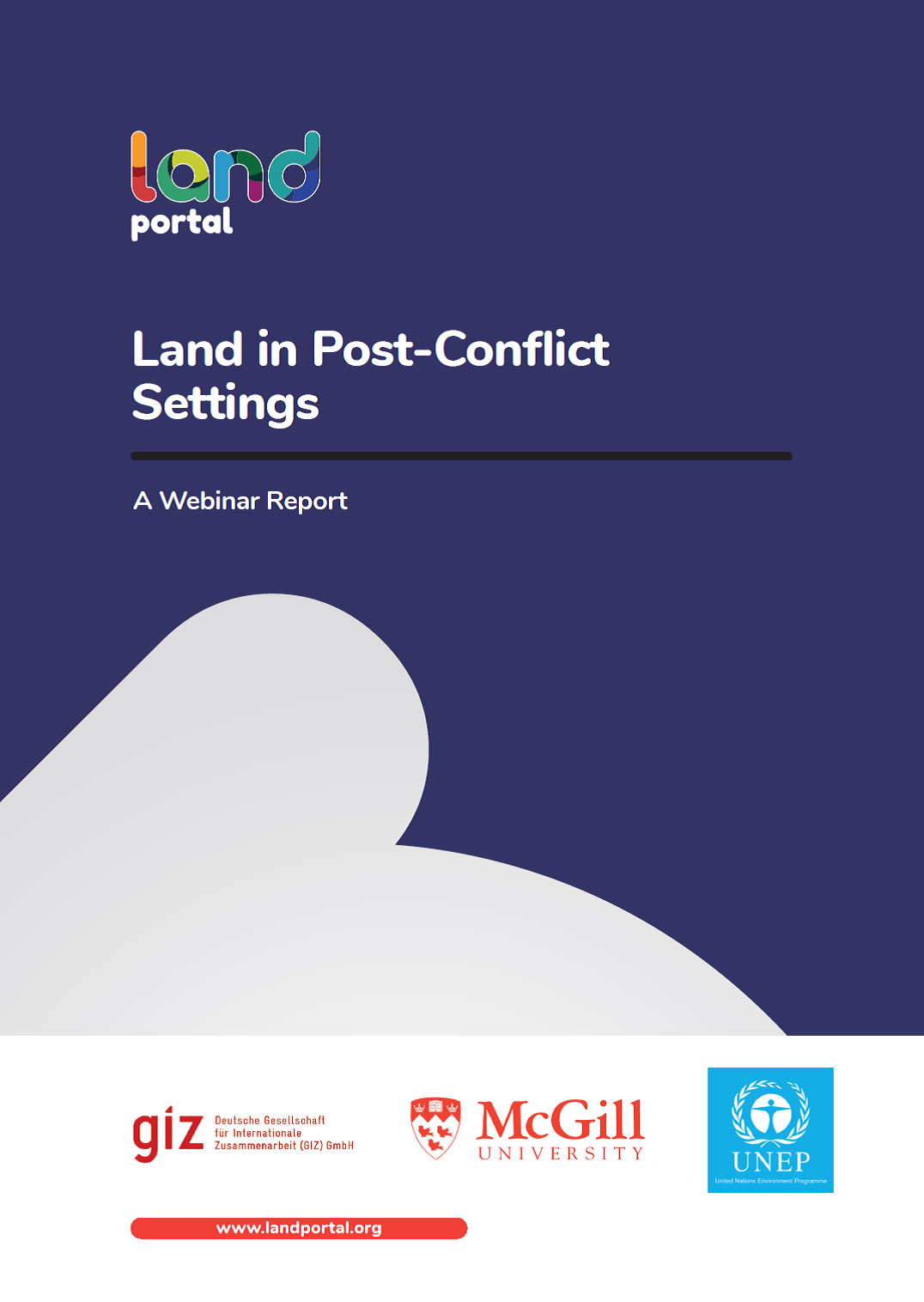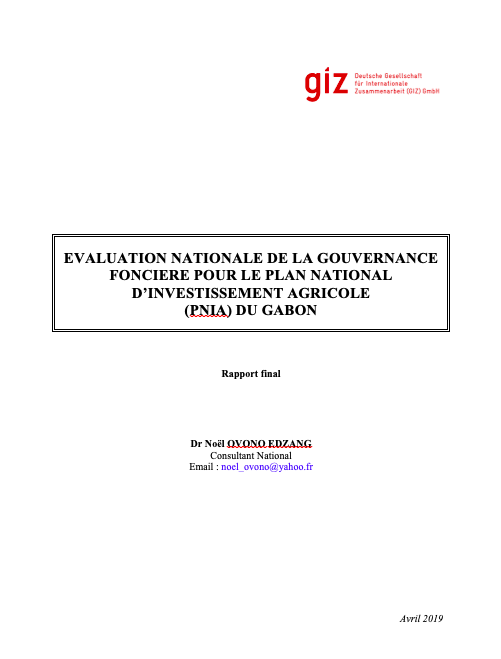Location
As a service provider in the field of international cooperation for sustainable development and international education work, we are dedicated to shaping a future worth living around the world. We have over 50 years of experience in a wide variety of areas, including economic development and employment promotion, energy and the environment, and peace and security. The diverse expertise of our federal enterprise is in demand around the globe – from the German Government, European Union institutions, the United Nations, the private sector, and governments of other countries. We work with businesses, civil society actors and research institutions, fostering successful interaction between development policy and other policy fields and areas of activity. Our main commissioning party is the German Federal Ministry for Economic Cooperation and Development (BMZ). The commissioning parties and cooperation partners all place their trust in GIZ, and we work with them to generate ideas for political, social and economic change, to develop these into concrete plans and to implement them. Since we are a public-benefit federal enterprise, German and European values are central to our work. Together with our partners in national governments worldwide and cooperation partners from the worlds of business, research and civil society, we work flexibly to deliver effective solutions that offer people better prospects and sustainably improve their living conditions.
Members:
Resources
Displaying 126 - 130 of 340Monitoring Scheme for Monitoring Large Scale Agricultural Investments in Ethiopia
This manual illustrates a monitoring scheme for monitoring large-scale agricultural investments. It aims at providing orientation for establishing a monitoring scheme and implementing monitoring activities in the framework of LSAI with the collaboration of the authorities responsible for leasing out land to agricultural investors and supervising related activities. While focused on Ethiopia, it will be a useful resource for other countries too.
Webinar Report: Land in Post-Conflict Settings
Post-war societies not only have to deal with continuing unpeaceful relations but also land-related conflict legacies, farmland and forest degradation, heavily exploited natural resources, land mines, a destroyed infrastructure, as well as returning refugees and ex-combatants. In the aftermath of war, access to and control of land often remains a sensitive issue which may precipitate tensions and lead to a renewed destabilization of volatile post-conflict situations.
በፈቃደኝነት ላይ የተመሠረቱ በአገር አቀፍ የምግብ ዋስትና ማእቀፍ ውስጥ የመሬት፣ የአሳ እና የደን ሀብት ይዞታ መብት በኃላፊነት ማስተዳደርን የተመለከቱ መመሪያዎች
የነዚህ የበጎ ፈቃድ መመሪያዎች አላማ የመሬት፣ የአሳ እንዲሁም የደን ይዞታ አስተዳደርን ለማሻሻል ምሪት መስጠት ብሎም እንደማጣቀሻ ማገልገል ሲሆን ይህም ለሁሉም ሰው የምግብ ዋስትናን ማረጋገጥ የተሰኘው መርሆን መሠረት ያደረገ እና የሰው ልጆችን በቂ ምግብ የማግኘት መብት በአገር አቀፍ የምግብ ዋስትና ማዕቀፍ ውስጥ በዘላቂነት እውን እንዲሆን ድጋፍ መስጠት ነው። የነዚህ መመሪያዎች አላማ ረሃብን እና ድህነትን ለማጥፋት ለሚደረገው አለም አቀፍ እና አገር አቀፍ ርብርብ አስተዋጽዖ ማድረግ ሲሆን ይኸውም ቀጣይነት ያለው የመሬት ልማት ለዕድገት መሠረታዊ ጉዳይ ነው የተሰኘውን መርሆ በማንገብ ፍትሃዊ የመሬት፣ የአሳ እና የደን ሀብት ክፍፍል እንዲሁም ዋስትና ያለው የይዞታ መብት እንዲኖር ማስተዋወቅን ይጨምራል። ድህነትን እና ረሃብን ማጥፋት እንዲሁም ቀጣይነት ያለው የተፈጠሮ ሀብት አጠቃቀምን ማስፈን በዋናነት የማህበረሰቡን እና ሌሎች የሚመለከታቸው አካላትን መሬት፣ የአሳ እና የደን ሀብቶች ማግኘት ላይ የተመሠረተ ነው። የአብዛኛው በተለይ የገ
በፈቃደኝነት ላይ የተመሠረቱ በአገር አቀፍ የምግብ ዋስትና ማእቀፍ ውስጥ የመሬት፣ የአሳ እና የደን ሀብት ይዞታ መብት በኃላፊነት ማስተዳደርን የተመለከቱ መመሪያዎች
የነዚህ የበጎ ፈቃድ መመሪያዎች አላማ የመሬት፣ የአሳ እንዲሁም የደን ይዞታ አስተዳደርን ለማሻሻል ምሪት መስጠት ብሎም እንደማጣቀሻ ማገልገል ሲሆን ይህም ለሁሉም ሰው የምግብ ዋስትናን ማረጋገጥ የተሰኘው መርሆን መሠረት ያደረገ እና የሰው ልጆችን በቂ ምግብ የማግኘት መብት በአገር አቀፍ የምግብ ዋስትና ማዕቀፍ ውስጥ በዘላቂነት እውን እንዲሆን ድጋፍ መስጠት ነው። የነዚህ መመሪያዎች አላማ ረሃብን እና ድህነትን ለማጥፋት ለሚደረገው አለም አቀፍ እና አገር አቀፍ ርብርብ አስተዋጽዖ ማድረግ ሲሆን ይኸውም ቀጣይነት ያለው የመሬት ልማት ለዕድገት መሠረታዊ ጉዳይ ነው የተሰኘውን መርሆ በማንገብ ፍትሃዊ የመሬት፣ የአሳ እና የደን ሀብት ክፍፍል እንዲሁም ዋስትና ያለው የይዞታ መብት እንዲኖር ማስተዋወቅን ይጨምራል። ድህነትን እና ረሃብን ማጥፋት እንዲሁም ቀጣይነት ያለው የተፈጠሮ ሀብት አጠቃቀምን ማስፈን በዋናነት የማህበረሰቡን እና ሌሎች የሚመለከታቸው አካላትን መሬት፣ የአሳ እና የደን ሀብቶች ማግኘት ላይ የተመሠረተ ነው። የአብዛኛው በተለይ የገ
Évaluation nationale de la gouvernance foncière pour le Plan national d’investissement agricole (PNIA) du Gabon
Il s’agit d’effectuer une analyse nationale approfondie sur l’état de la politique et de la gouvernance foncière dans le contexte de la Déclaration de Malabo pour soutenir le développement d’un PNIA au Gabon, en incluant une présentation de la situation actuelle, les éventuelles lacunes et des recommandations.
De manière spécifique, il s’agit de :
- Evaluer dans quelle mesure la gouvernance foncière est abordée dans le PNIA en cours et l'impact de ce PNIA sur la gouvernance foncière ;



